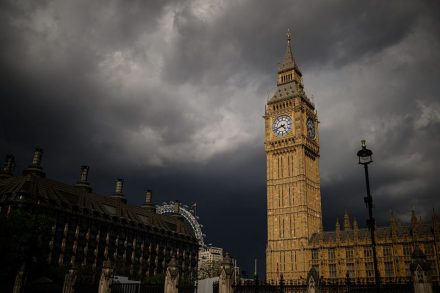The release of Edan Alexander, the last living American-Israeli hostage held by Hamas, was a moment of profound relief for his family and a rare flicker of hope for war-fatigued Israelis. The 21-year-old soldier, kidnapped on 7 October 2023, walked free on 12 May 2025 after 584 days in hell. The jubilation was quickly muddied by political spin. Israeli Prime Minister Benjamin Netanyahu, ever the opportunist, claimed the release stemmed from Israel’s relentless military pressure. The truth, however, lies elsewhere: American backchannels, led by Trump’s special envoy Steve Witkoff, secured Alexander’s freedom through quiet diplomacy in Qatar, not IDF bombs in Gaza. Netanyahu’s attempt to claim credit reveals a deeper rift: President Trump harbours little trust in Bibi.

























